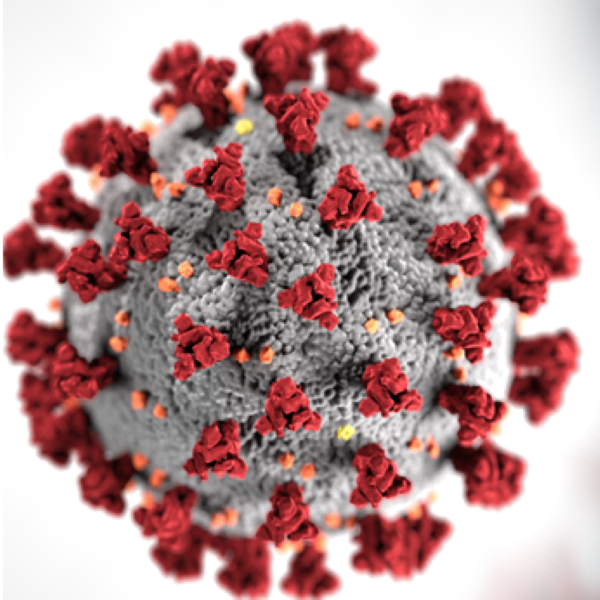|
Q: What is coronavirus COVID-19?
A: A new strain of virus shaped like a “corona” or crown that was not been previously identified in humans until December 2019.
Q. How dangerous is coronavirus?
A. The coronavirus can cause mild symptoms including trouble breathing, shortness of breath, cough, and fever. It can be more severe for some persons and can lead to pneumonia or breathing difficulties. Even more rarely, the disease can be fatal. Older people, and people with pre-existing medical conditions (such as, diabetes and heart disease) appear to be more vulnerable to becoming severely ill with the virus. This is why we are vigilant at JAA for whatever may occur within our continuum of care.
Q. How is coronavirus spread?
A. The federal Centers for Disease Control (CDC) believe coronavirus is spread via respiratory droplets through person-to-person contact, coughing, sneezing, or touching infected surfaces. It is not believed to be spread through airborne transmission. It is most prevalent in countries like China, Japan, South Korea, Iran and Italy but is spreading around the world.
Q. What do I do if I think I have coronavirus?
A. Remember, showing symptoms does not mean you have coronavirus. What you should do is SEEK MEDICAL HELP IMMEDIATELY BY CALLING YOUR PRIMARY CARE PROVIDER (PCP):
- IF you have been traveling to affected areas within the last 14 days (particularly to China, Japan, South Korea, Iran or Italy);
- OR you have been in contact with someone who has;
- AND you have a fever, cough, trouble breathing, or shortness of breath.
Q. What if I have not been traveling, or do not know someone who has, but still have symptoms?
A. If you have mild respiratory symptoms and no travel history to or within countries where the outbreak is prevalent, you should take these precautions below.
Q. What can I do to avoid getting the coronavirus?
A. There currently is no vaccine for the virus. The CDC recommends the following, all of which we practice daily as healthcare workers at JAA and encourage those for whom we care:
- Avoid close contact with people who are sick. Maintain at least six feet of distance form those who are coughing, sneezing, or have a fever.
- Wash your hands frequently for at least 20 seconds, using at least a 60% alcohol-based hand rub or soap and water.
- Practice respiratory hygiene when coughing and sneezing– cover mouth and nose with flexed elbow or tissue – discard tissue immediately into a closed bin, and clean your hands with alcohol-based hand rub or soap and water.
- Avoid touching eyes, nose, & mouth. Hands touch many surfaces that can be contaminated with the virus. If you touch your eyes, nose or mouth with your contaminated hands, you can transfer the virus from the surface to yourself.
- Frequently clean and disinfect touched objects and surfaces using cleaning spray or wipes
- Follow CDC’s recommendations for facemasks which are not recommended for people who are well. Facemasks should be used by people who show symptoms of COVID-19 to help prevent the spread to others.
|
